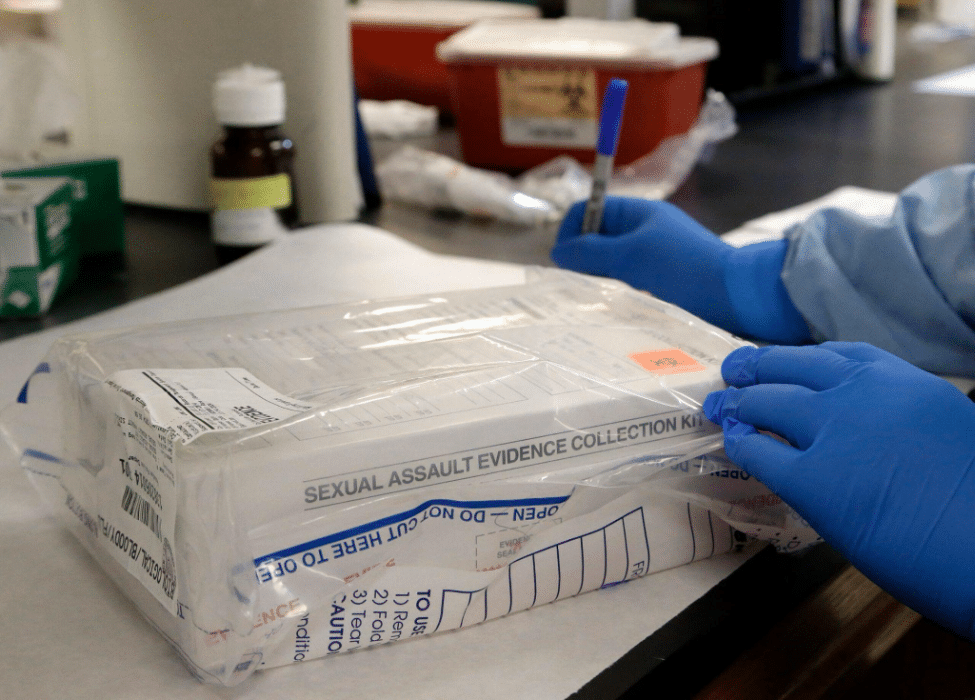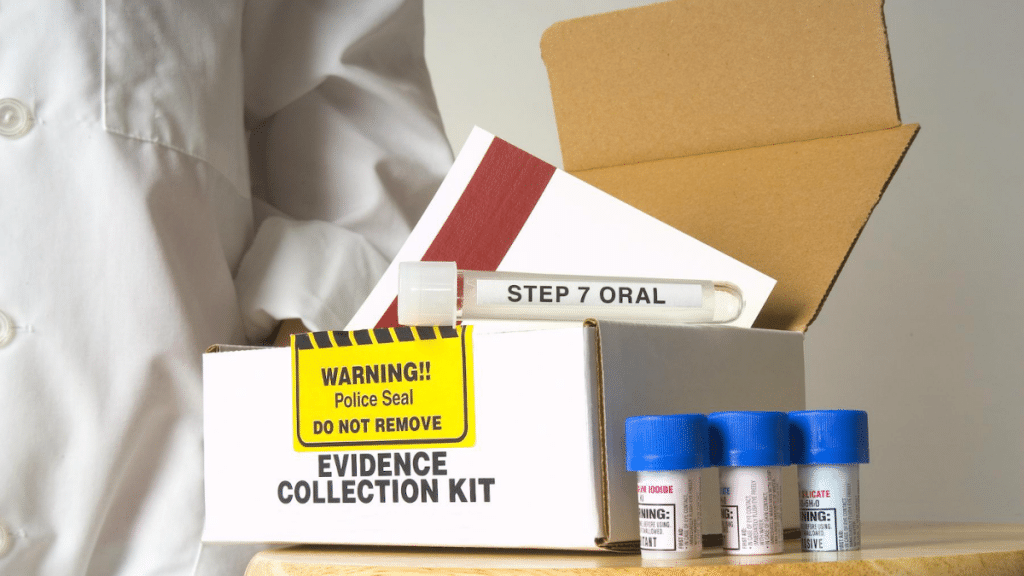Knowing how to report a sexual assault and preserve evidence is crucial for getting the help and justice you deserve. It’s important to act quickly, but also take steps to protect yourself and your rights throughout the process.
In this guide, we’ll walk you through the steps, offering simple advice on how to preserve vital evidence, report the assault, and understand your options. We’ll break it all down, so you feel supported and informed at every stage.
Understanding Sexual Assault and the Importance of Reporting
Sexual assault is a serious crime that affects many people, and understanding what it is and why reporting it is so important can help you take the right steps if something happens. Knowing your options, including the support of a Sex Assault lawyer Ottawa, helps you take action and protect yourself.
What Is Sexual Assault?
Sexual assault is any unwanted sexual contact or behavior. This can include touching, forced sexual acts, or even being pressured or manipulated into sexual situations without your consent. It’s important to understand that sexual assault can happen to anyone, regardless of age, gender, or background.
Why Is Reporting Sexual Assault Important?
Reporting sexual assault helps you take control of the situation. It ensures that evidence is preserved and can lead to an investigation that might prevent the person responsible from hurting others. Reporting also connects you with support services that can guide you through the process.
By speaking up, you’re not only protecting yourself but also helping to hold offenders accountable. It’s important to remember that there’s no right or wrong way to report. Whether you choose to report right away or take some time, your safety and well-being should always come first.
Steps to Take Immediately After a Sexual Assault
If you’ve experienced sexual assault, it’s crucial to know the steps to take in order to protect yourself and preserve evidence. While it can feel overwhelming, following these steps can help ensure that you’re safe and that the assault is properly documented.
1. Get to a Safe Place
The first thing you need to do is ensure your safety. Leave the area where the assault occurred and go somewhere safe, whether that’s a trusted friend or family member’s house or a public place. Trust your instincts and get away from any potential danger.
2. Contact a Trusted Person
Reach out to someone you trust—a friend, family member, or counselor. Talking to someone can provide emotional support and help you feel less alone during this difficult time.
3. Seek Medical Attention
Even if you don’t have visible injuries, it’s important to visit a healthcare provider. They can check for injuries, provide necessary care, and perform a forensic exam (rape kit) to collect evidence. This step is crucial if you decide to report the assault later on.
4. Preserve Evidence
Avoid showering, changing clothes, or brushing your teeth, as this can destroy important evidence. If you still have the clothes you were wearing, keep them in a paper bag (not plastic). Any physical evidence can play a vital role if you decide to report the assault.
5. Consider Reporting
You have the option to report the assault to the police right away or later on. It’s your choice, and there’s no rush. Reporting helps preserve evidence, but you can also seek support without involving authorities immediately. Make sure to gather any documents, photos, or records that may be useful.
6. Reach Out for Support
There are many organizations and hotlines available to help survivors of sexual assault. These services can guide you through the next steps, provide counseling, and answer any questions you might have.
How to Report a Sexual Assault to Authorities

Reporting a sexual assault is a personal choice, but it’s an important step toward justice and protecting your rights. If you decide to report the assault, here’s a simple guide to help you understand the process and what to expect.
1. Decide Where to Report
You can report the assault to local law enforcement, or you may choose to contact a sexual assault hotline first for guidance. There are several ways to report:
- Police Department: Contact the nearest police station or call the non-emergency police number.
- Sexual Assault Hotline: Hotlines offer confidential support and can help you navigate the process of reporting.
2. Know Your Rights
As a survivor, you have the right to report the assault at any time, even if it’s days or weeks after the incident. You also have the right to be treated with respect and dignity by law enforcement. If you’re unsure about how the process works, a victim advocate can assist you and provide guidance throughout.
3. Provide Details of the Incident
When you’re ready, law enforcement will ask you to provide details of the assault. It may feel difficult, but remember, they are there to help and investigate the situation. Be honest and thorough in describing what happened, as this will help gather evidence.
You will be asked to give a statement, and it may be helpful to have a trusted friend or advocate with you during this process.
4. Forensic Exam (Rape Kit)
If you haven’t already received medical care, law enforcement may suggest that you undergo a forensic exam, also known as a rape kit. This exam is important for collecting physical evidence, such as DNA or fibers, that could be used in the investigation. Even if you’re unsure about pressing charges, it’s still helpful to preserve the evidence.
5. Consider Filing a Report
Once you’ve shared the details, you will decide whether to file an official police report. You can choose to proceed with a criminal case or not, and it’s completely your decision. If you do choose to file a report, the authorities will begin an investigation.
6. Follow-Up and Support
After you report the assault, the police will start investigating. It’s normal to feel anxious during this time, but remember, you can always reach out to support services, like counselors or victim advocates, for help. You can also follow up with the authorities if you have any questions about the investigation.
Preserving Evidence for Legal Proceedings and Your Protection
Preserving evidence after a sexual assault is one of the most important steps in ensuring justice. Whether you decide to report the assault or not, keeping evidence safe can help protect your rights and strengthen any legal proceedings if you choose to take action later.
1. Avoid Washing or Cleaning Yourself
After the assault, it’s crucial to avoid showering, brushing your teeth, or washing your hands. These actions can destroy valuable physical evidence, such as DNA or skin cells, which may be crucial in the investigation. Even though it may feel uncomfortable, try to leave things as they are until you can receive medical care.
2. Preserve Your Clothes
The clothes you were wearing at the time of the assault can contain important evidence, such as bodily fluids or fibers. If possible, do not change your clothes. If you must change, place the clothes you were wearing in a paper bag (not plastic) to avoid contaminating any evidence. Make sure to handle them as little as possible.
3. Document Injuries and Details
If you have visible injuries, such as bruises or cuts, it’s important to document them. Take clear photographs of the injuries, noting the date and time. Keep track of any other details, like messages, emails, or social media posts related to the assault. This can help support your case if you decide to pursue legal action.
4. Keep Track of the Incident
Write down everything you remember about the assault as soon as you feel able. This can include the time, location, what happened, and the description of the perpetrator. The sooner you document these details, the more accurate your recollection will be, which is helpful for your case.
5. Seek a Forensic Exam (Rape Kit)
A forensic exam (also known as a rape kit) is a medical procedure where a doctor collects evidence, such as bodily fluids or hair, from your body. This exam can take place even if you choose not to report the assault right away. The evidence collected can be stored for a later investigation if you decide to pursue legal action in the future.
6. Work with Professionals
It’s important to work with professionals, such as law enforcement, healthcare providers, and victim advocates, who are trained to handle evidence and sensitive information carefully. They can guide you on how to preserve evidence properly and ensure everything is handled with respect and care.
7. Store Evidence Safely
If you collect any physical evidence yourself, make sure it is stored safely. Don’t tamper with or dispose of any evidence. If you’re unsure about how to preserve certain items, contact a local sexual assault support service or a legal expert for advice on how to handle it.
Conclusion
Reporting a sexual assault and preserving evidence is a powerful way to take control of the situation. Remember, there’s no rush, and you have support at every step. Stay strong, and know that your voice matters in the pursuit of justice.
